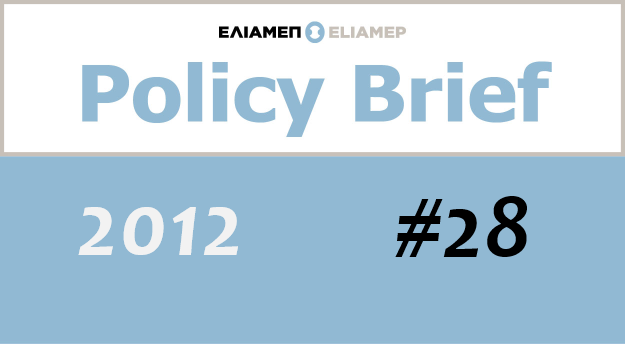On the 6th of May Serbian citizens are called to cast their ballots for all elected posts in their country: the President of the Republic, the deputies in the National Assembly and the municipal authorities. Citizens of the Autonomous Province of Vojvodina will also elect the members of their local parliament. In this election cycle the disputed status of Kosovo brought about considerable implications. Serbs view Kosovo as an inalienable part of their country—albeit under provisional international trusteeship—and consequently deem it unquestionable that elections should be held there, just like in the rest of the country. On the other hand, the Pristina government, having unilaterally declared independence in February of 2008, considers that Serbian elections can no longer be held in Kosovo since it is not part of Serbia. These two contradictory views are reflected on the ground by parallel structures. Institutions of independent Kosovo span all over the country except over the northern part, which is controlled by Serbs. Constructed in parallel, the institutions of the Serbian state are found in North Kosovo, as well as in the scattered enclaves where Serbs reside. This setting has created a peculiar status of dual sovereignty with all the problems it entails. After the remarkable progress of the technical dialogue between Belgrade and Pristina, the international community decided to go another step forward and seized the opportunity of the Serbian elections to put an end to the anomaly of the parallel municipal authorities. Therefore, many foreign governments, mostly from the European Union, put considerable pressure on Belgrade not to call for local elections in the Kosovar municipalities. For the parliamentary and presidential races things were different. Neither the Serbian President nor the National Assembly of Serbia is a disputed institution and, what is more, there is no sub-national representation in the parliament (the whole country is a single constituency). Therefore, no one disputes the right of the Serbian citizens in Kosovo to participate in parliamentary and presidential elections. However, in the case of the Kosovo municipalities, the constituencies lie entirely in the territory taken out of Belgrade’s administration in 1999 or (for those who recognise Kosovo’s independence) in another state, where another authority conducts elections to fill in the municipal councils, be it the provisional institutions under international protectorate or the institutions of the independent Republic of Kosovo. As expected, Pristina stepped forward against the conduct of Serbian elections in Kosovo. After the declaration of independence from Serbia in February 2008, the Pristina government concludes that Serbian elections cannot be held in Kosovo since it is no longer part of Serbia. Encouraged by the resolved attitude of the international community, the Kosovar government made it clear that any attempt from Belgrade to carry out elections in Kosovo will be considered a challenge to Pristina’s jurisdiction over the territory of Kosovo, and hence an aggressive provocation which will be decisively thwarted, even by the use of force if necessary. Indeed, Kosovo police temporarily detained a few Serbian representatives in Kosovo who were caught carrying electoral material “for undermining the constitutional order”.
Author: Apostolis Karabairis – Junior Researcher, Western Balkans team, ELIAMEP, Greece
ELIAMEP Briefing Notes 19/ 2012: Serbian Elections in Kosovo incorporating an electoral procedure into two different narratives



